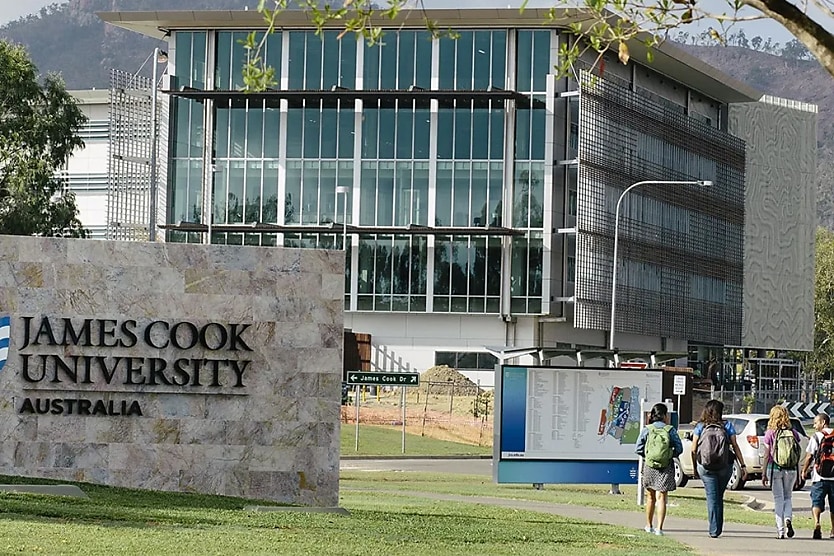HR admin’s claim of forced resignation fails
SHARE THIS ARTICLE

A former assistant HR administrator at a university claimed she was forced to resign after her employer allegedly failed to make reasonable adjustments to her worsening medical condition.
A former employee at James Cook University resigned from her role as an HR administrator after her employer notified her that they could not accommodate her request to work from home for a total of 14 weeks due to her medical condition.
The former employee commenced her role with the university in September 2019 as an assistant HR administrator. Through COVID-19, she, along with her colleagues, worked from home until the pandemic was over, to which they resumed a hybrid working approach, going to the campus on certain days.
At this time, however, the former employee was able to continue working from home as she was considered a vulnerable person due to her medical condition. In April 2023, she gradually returned to the office and presumed a two-day working-from-home approach.
In July 2023, the former employee submitted advice to her employer from her medical practitioner advising that she should work from home, not because her job was physically taxing, but because the commute was having a detrimental effect on her medical condition.
Despite this presentation of the medical advice, the employer still insisted that the former employee work three days in the office. At the request of the university, the former employee undertook an independent medical examination. The examination revealed that the barrier was, in fact, the commute, noting that the commute time was 20 minutes, and she experienced discomfort after 10 minutes.
After this, the former employee was on a gradual return-to-work plan and was working four days at home. This was until 15 April 2024, when she presented yet another medical certificate advising that she was unable to work on campus one day per week for a month. The university sought further information in relation to this advice, to which the medical practitioner said:
“This is to certify that on the 01.11.2023 [the former employee] who in my opinion is suffering from a medical condition and will be unfit for work in the workplace until a review following a trial of a new medication (see attached letter from the specialist), but will be suitable for work from home.”
“I anticipate that to adequately assess the response to the treatment – she would need to complete at least the initial 14 weeks as per the letter ...”
Although this information was provided to the employer, they informed the former employee that they could not accommodate further suitable duties for her, due to safety overall concerns. She was informed that she would have to provide a medical clearance before she could return to work.
The former employee then commenced sick leave on 23 April 2024 and then sent her resignation via email on 30 April 2024.
After sending her resignation, the former employee admitted that she felt that she had no other choice but to resign from her employment, as she had exacerbated her annual leave entitlements. She, therefore, alleged that the university refused to make reasonable adjustments for her to work remotely from home due to her medical condition.
In terms of the medical condition, the former employee claimed that she suffers from rheumatoid arthritis; however, unless it flares up (which often occurs during her commute), it does not impact her ability to do her job. She is able to manage her symptoms more successfully if she limits the physical demands on her body.
This is where the conflict occurred. Although the former employee made allegations that she had no choice but to resign, the employer refutes that they placed any pressure on her to do so. In fact, the employer defended their requirement and stated:
“[She] did not object to this requirement and subsequently took sick leave starting 23 April 2024 before resigning on 30 April 2024.”
The former employee was also offered a farewell lunch by her supervisor, and her colleagues contributed to a farewell gift, stating that it is customary when an employee resigns and is not dismissed.
The university stated it had been reasonable both in supporting the former employee to work from home following the medical advice and in working to transition her to the same hybrid arrangement as her colleagues.
Overall, it was clear that the employer believed that the medical condition the former employee had was, in fact, affecting her ability to do her job role. This is reinforced by them wanting to: “Obtain a medical clearance in order to allow her to return to work, after [they] received specific advice from her general practitioner about the impact the symptoms of her condition, and side effects of the treatment that she had been receiving, was having on her.”
In its decision, the Fair Work Commission (FWC) concluded that the university’s intention was not to bring the employment relationship to an end. It found that the employer was, in fact, supportive of the former employee’s condition and provided reasonable accommodation in relation to her non-work-related medical condition.
The commission stated that if she had escalated the dispute regarding the requirement for a medical certificate, she could have settled the procedure in an enterprise agreement or, alternatively, under the university’s grievance procedure; instead, she chose to resign.
Therefore, it was the FWC’s findings that the resignation was, in fact, voluntary.
“As the [former employee] was not dismissed, the commission has no jurisdiction to deal with the matter any further, and the General Protections application is dismissed,” FWC said.
RELATED TERMS
Resignation is the employee-initiated termination of employment. In other words, the employee willingly decides to leave their job and informs the company of their choice.
Kace O'Neill
Kace O'Neill is a Graduate Journalist for HR Leader. Kace studied Media Communications and Maori studies at the University of Otago, he has a passion for sports and storytelling.

